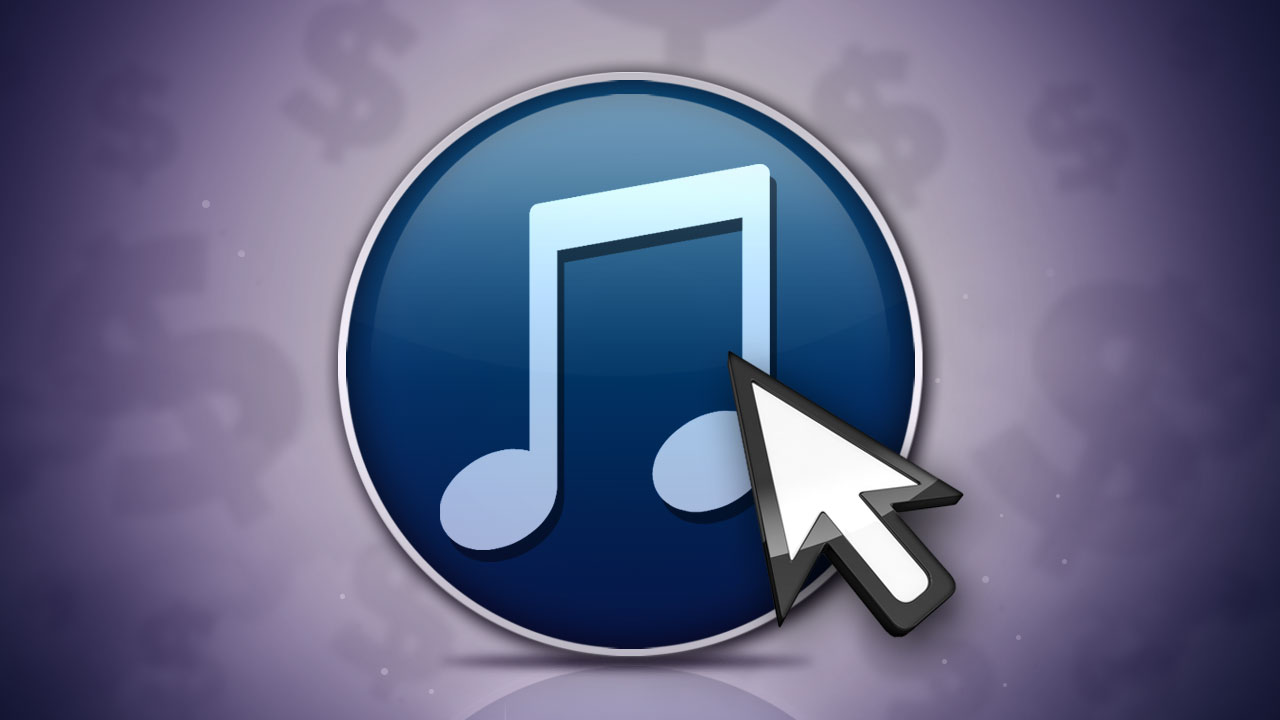How much do you value your music collection? Do you begrudge paying for music you know you can probably get for free? We take a look at how music buying habits have changed over the past few decades and how it’s affecting the artists you love.
Today we take our music everywhere. Nifty technology ensures we can take our entire music collections everywhere we go. Looking back, how did we ever choose which tape or CD to take with us on a long journey?
Following the ipod and mp3 revolution, it’s hard to believe that some people can put their hands up and say that they have never owned a CD. This is reflected in the decline in physical music sales. Digital sales are also feeling the pinch, as it’s easier than ever to obtain music through file sharing websites. But why have people turned their back on CD’s and legal digital purchases? Is it because of the inconvenience of owning bulky CDs? Or is it a case of why pay for something that you can get for free? Is music not valued in the same way as it used to be?
Illegal downloads have massively affected the music industry, with numerous music shops closing down and other stores struggling to stay on their feet. Record labels are finding it increasingly harder to make money, which of course is affecting musicians. Free music is hacking and slashing at the industry.
One of the scariest sales results for music in 2008 was the IFPI report showing that a massive 95% of music obtained was illegally downloaded and an estimated 40 billion tracks were shared illegally that year. That’s an obscene amount of free music. Since then, illegal downloads has dropped a little as some of the websites have been shut down.
All in all it seems that downloading music is the way for the future buyer. Sales of downloads have boosted, but it seems the poor CD could be a way of the past. Downloading allows the listener to get the track they want instantly with the added benefit of being able to preview music before you buy. The old equivalent would have been to preview music at a record store booth and even then, it was whatever the shop wanted to showcase – not necessarily what you wanted to buy.
One massive shift in music sales is that buyers no longer purchase full albums, but buy specific tracks from the album. This will make it harder for bands and artists to have a safe and easy journey to that number one slot, but from a consumer point of view, this is a great advantage.
Music streaming is also affecting the industry. With streaming applications like Spotify, people can pay a subscription fee to listen to whatever they want and share what they are listening to on social networking websites. This is a relatively new option for music lovers, but many artists say that streaming is killing music sales although there is no evidence that streaming is doing anything negative to sales (yet). This is a great way for you to find and experience new music and is quicker than hunting through shelves of CD. It is clear though, that artists get very little financial gain when their music is streamed.
A lot of people prefer to listen and watch their favourite tracks on YouTube. Not a bad thing for artists; the more hits they gather, the bigger their profile is raised. This can eventually lead to a payment each time your video is viewed. However, the illegal downloading shadow has been cast on YouTube as well, with consumers using “YouTube converters” to convert videos to an mp3 file.
What does this say about consumer’s attitude to music? Music seems to be a quick fix for some to stay in tune with what’s “cool”. It has almost become disposable and quickly deleted from personal libraries and accounts. Music lovers used to take pleasure in supporting their favourite bands, waiting eagerly for their release date and making a trip to the record store. Looking at an old CD brings back memories and emotions. Now most of us have a list of songs in computer application.
Downloading has its benefits of course, but if people choose to do it illegally, what will this mean for artists? If they are no longer supported by those who like their music, will they be able to carry on producing quality material and being creative? Despite most people assuming that artists make music “for the fun of it”, even if they do, they still need to sustain themselves in the process. It’s almost of a case of making a moral judgement – I know I can get this for free, but should I really take it? Surely musicians need the support of fans to keep giving them what they love.








